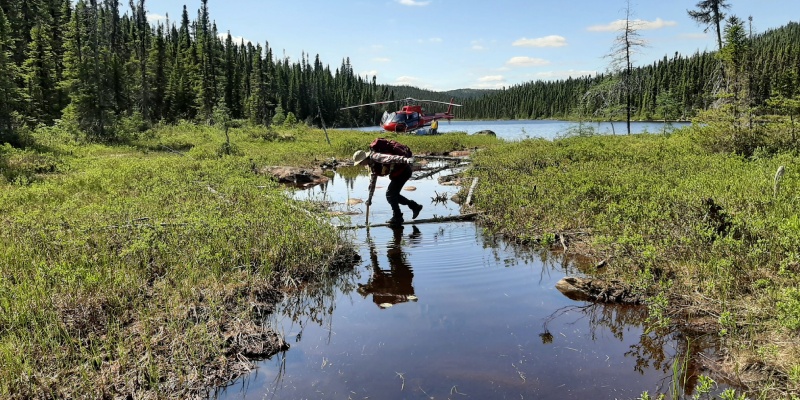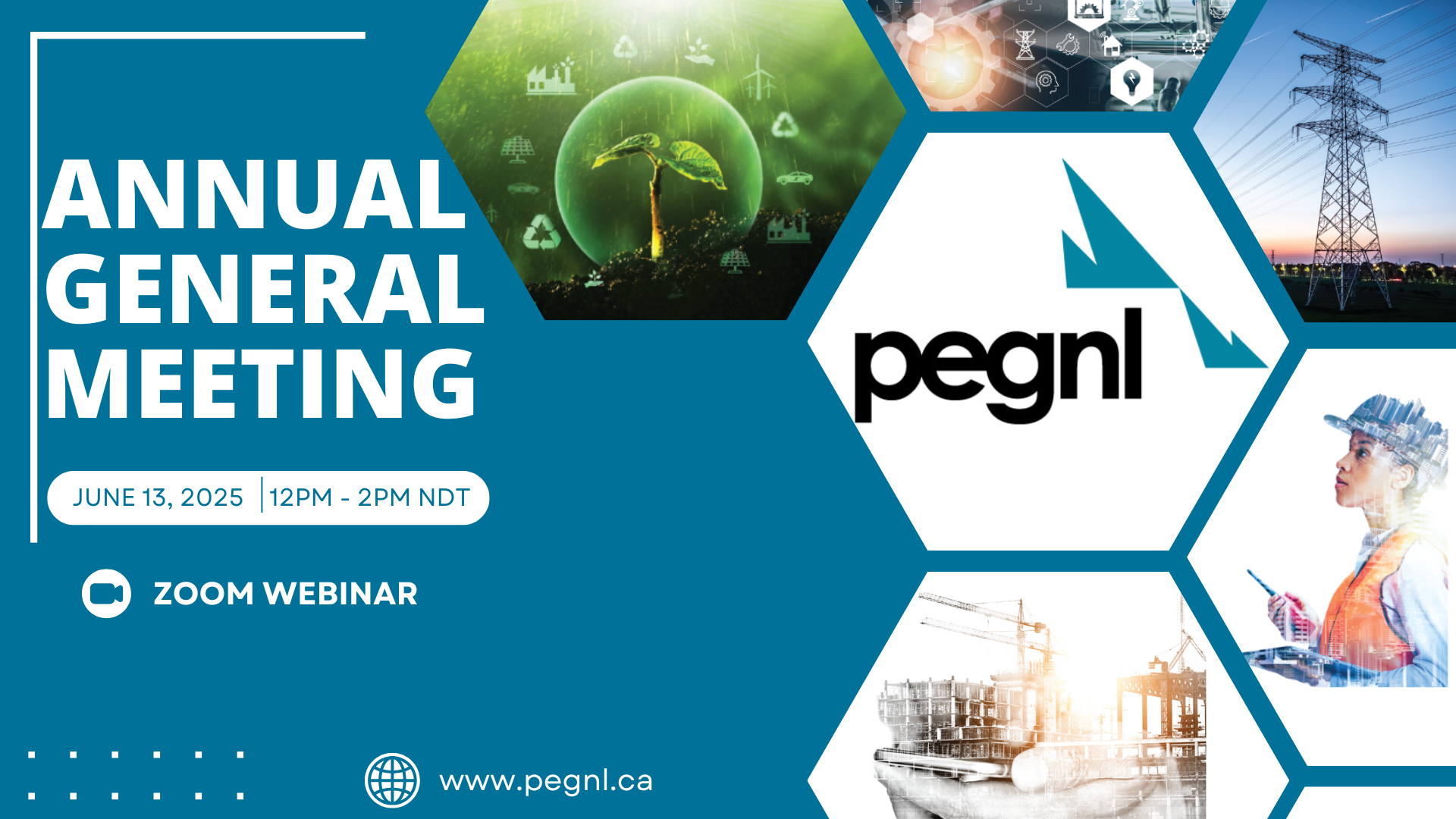Professional Development Overview
All PEGNL license holders must demonstrate they are maintaining their competency by complying with the continuing professional development program.

All PEGNL license holders must report thirty (30) hours of professional development annually through the online reporting system on the PEGNL Member Portal. Two of these hours must be in the category of Ethical Practice.
Program Requirements
Detailed requirements of the Continuing Professional Development program (CPD) may be found in the document Continuing Professional Development Requirements for Engineers and Geoscientists.
Online Professional Development Offerings
- PEGNL's Online Ethics & Professionalism Courses for Members
- EGBC Equity, Diversity and Inclusion Course for Members
- Building Climate Resilience
- Professional Development from econext
- PIEVC Protocol
Massive Online Open Courses (MOOCs)
Numerous on-line professional development courses are available through various MOOC offerings.
FAQs
-
When does the PD Portal open for CPD Program Report Submission?
The PD Portal is open to all registrants throughout the active reporting period. Activities can be entered throughout the year as they are completed but be sure to submit the online CPD Program Report on or before December 31st to avoid reinstatement fees and possible suspension. Refer to Appendix A for the Online PD Portal Instructions.
-
Are Members-in Training (EITs/GITs) required to submit annual CPD Program Report?
While it isn’t mandatory, members-in-training should participate in the program. Those who don’t participate will forgo the potential benefit of carrying forward any professional development hours obtained during the in-training period.
-
What is a Professional Development Hour (PDH)?
A PDH is the unit of measure of effort for the Continuous Professional Development (CPD) program.
-
What are the 4 categories of the CPD program in brief?
- Ethical Practice (Mandatory requirement of 2 PDH per year)
- Regulatory Learning (Mandatory requirement of 1 PDH per year)
- Technical Learning
- Non-Technical Learning
Refer to Section 4 of the PD Guideline for in-depth details on the above categories and examples.
-
Which categories can I carry over to next reporting year?
PDH credits accumulated in excess of those claimed in any category can be carried forward except the Professional Work Category. Carryover is only available for two years after the year it is recorded.
-
What is a CEU (Continuing Education Unit)?
CEU is an acronym typically used by universities and colleges and it equates to 10 hours of participation in an education program.
-
What kind of descriptions should I input into the PD portal?
Refer to Table 1 in the CPD Guideline and the blue boxes on each activity input page.
-
What kind of documentation should I retain to support my PD claims?
Refer to Table 2 in the CPD Guideline. All documentation which verifies reported CPD activities should be retained for at least 3 years.
-
Are Eng. L and Geo. L exempted from the CPD program?
No, limited license engineers and geoscientists must meet all the program requirements.
Practice Standards & Guidelines
PEGNL publishes practice standards and guidelines for the purpose of educating its license holders and the public about matters of professional practice.
Practice Guideline for Authenticating Professional Documents
This Guideline describes how and when a professional member’s stamp and a permit holder’s stamp shall be used for authenticating professional documents.
Guideline for Permit Holders and Companies Employing Engineers and Geoscientists
This Guideline specifies when a permit to practice is required. It also outlines the requirements of organizations operating under a permit to practice and the expectations of non-permit holding companies that employ engineers and/or geoscientists.
Guideline for Areas of Practice Spanning Engineering and Geoscience
This Guideline explores the potential areas of overlap between geotechnical or geological engineering and engineering geology. It provides guidance for both professions working in this space, emphasizing the need for collaboration from both professions in certain situations to ensure that the primary mandate of public protection is met.




